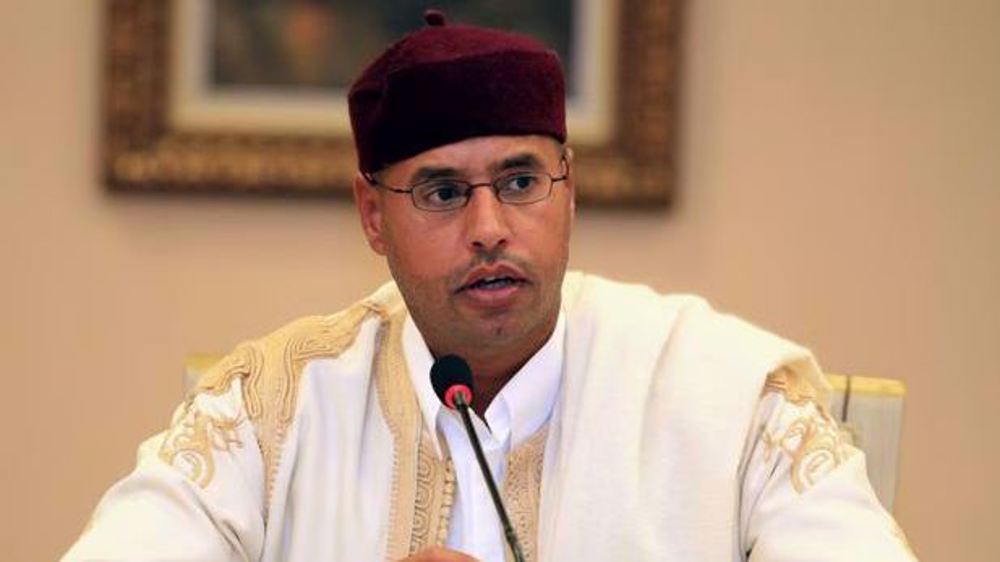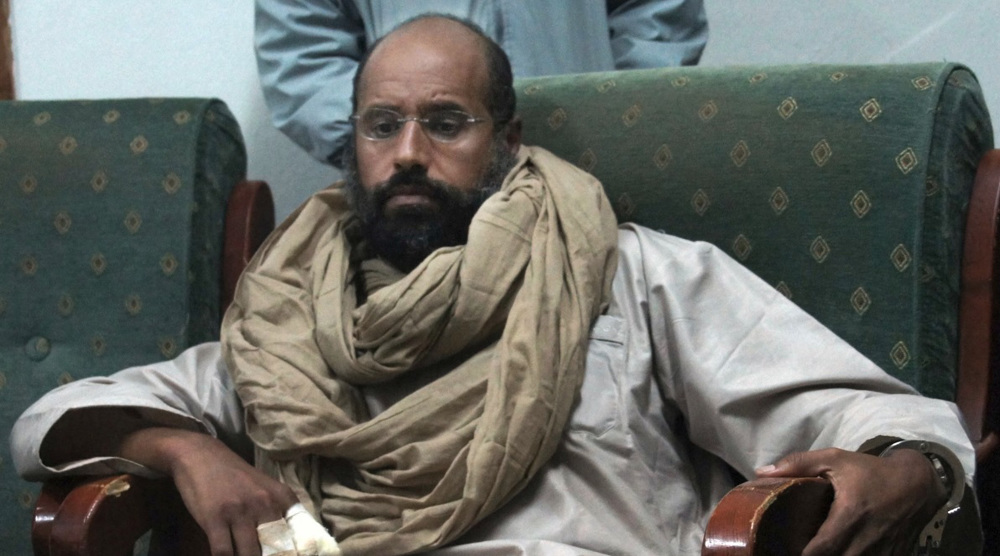People protest economic woes in Tunisia
Hundreds of people in northwestern Tunisia have staged a protest rally against the deterioration of living standards, widespread poverty, and growing unemployment.
Angry demonstrators set ablaze tires and set up blockades in the roads leading to the town of Fernana, in Jendouba Province, on Tuesday, two days after a young man self-immolated in protest at unemployment in the town.
The protesters also threatened to close the water plant in the region — which supplies the capital, Tunis, and a number of other provinces with drinking water — if their demands are not met.
They also called for launching a thorough investigation into the young man’s tragic death on Sunday as well as the widespread corruption in state-run institutions and the grinding poverty in the country, particularly in the southern and western regions.
Jendouba, like the other western and southern provinces of Tunisia, suffers from a massive rate of almost 30 percent unemployment.

Tunisia’s new prime minister, Youssef Chahed, and his fresh cabinet members of the unity government are highly expected to deal with these social demands, but the outlines he has drawn for the next year do not seem quite enough to the desperate people in the poor provinces.
“Our situation in 2017, if we don’t change anything in our behavior, it will be so much harder…, we will be forced to adopt a policy of austerity. What does this mean? It means that the state would be forced to cut spending on health, healthcare, it would be forced to fire thousands of public sector employees and forced to raise the taxes,” he had said on August 27.
Chahed, however, promised that fighting corruption and terrorism would be given priority under his administration.
Tunisia registered an unemployment rate of 15.3 percent at the end of 2015 compared to 12 percent in 2010, with university graduates accounting for one third of those without jobs in the country.
Tunisian people rose against the country’s long-time dictator, Zine el Abidine Ben Ali, in 2011, ousting him in the first of a series of revolutions that hit Arab dictatorships in the Middle East and North Africa.
While the country slipped into chaos in the wake of the revolution, it gradually regained average stability and is hailed as the most successful nation in the establishment of democracy among the Arab countries that witnessed uprisings. Most of the other dictatorships either remained chaotic or saw ruling regimes brutally suppressing the revolutions.
The engineering feat behind Iran’s record gas output
VIDEO | Press TV's news headlines
Freedom of speech, right to protest under assault in UK
Border guards seize cache of weapons, ammunition near Iran-Afghanistan border
Grok to power classified programs as Musk's xAI secures deal with Pentagon
Iraqi FM tells US envoy: Government formation ‘internal matter’
Israel killed Gaza aid workers in ‘execution style’ massacre in 2025: Report
Participation shrinks at Israeli arms expo in wake of Gaza genocide: Report













 This makes it easy to access the Press TV website
This makes it easy to access the Press TV website